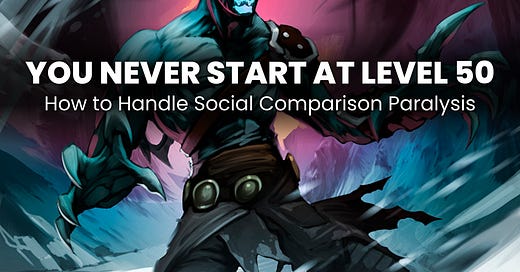“Donde está la biblioteca?” Even after years of practice, my Spanish skills are still muy mal. I’ve spent months living in Spanish-speaking countries, yet I still order food like a monosyllabic caveman. “Dos cervezas. Un plato de pollo.”
When people reply, all I hear is a rapid-fire string of what sounds like one long, unbroken word. “Por favor, necesitamos hablar más despacio.”
My fiancee, a fluent Spanish-speaking Mexican, makes the language sound like a beautiful melody. Her words flow effortlessly in a rhythm I can’t comprehend but admire deeply. Usually, I let her handle conversations when something important needs to get done. Unfortunately, this creates a self-defeating cycle: I feel inadequate, so I practice less, and as a result, I don’t improve.
But when I’m on my own, I stumble through and manage to get my point across. I’ve come a long way from where I started, able to navigate foreign countries in ways I never imagined possible three years ago. When I compare myself to other…
Keep reading with a 7-day free trial
Subscribe to Think Like A Game Designer to keep reading this post and get 7 days of free access to the full post archives.





